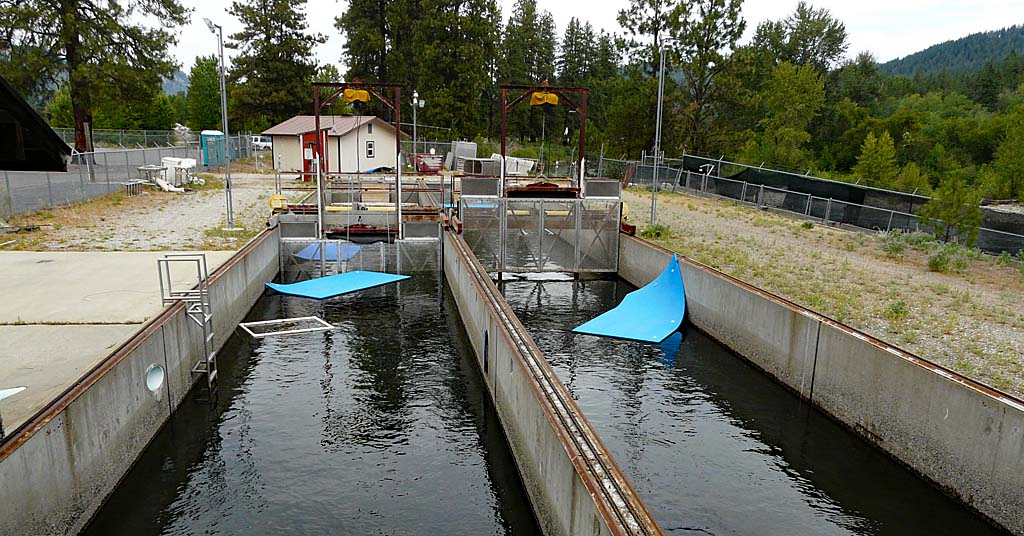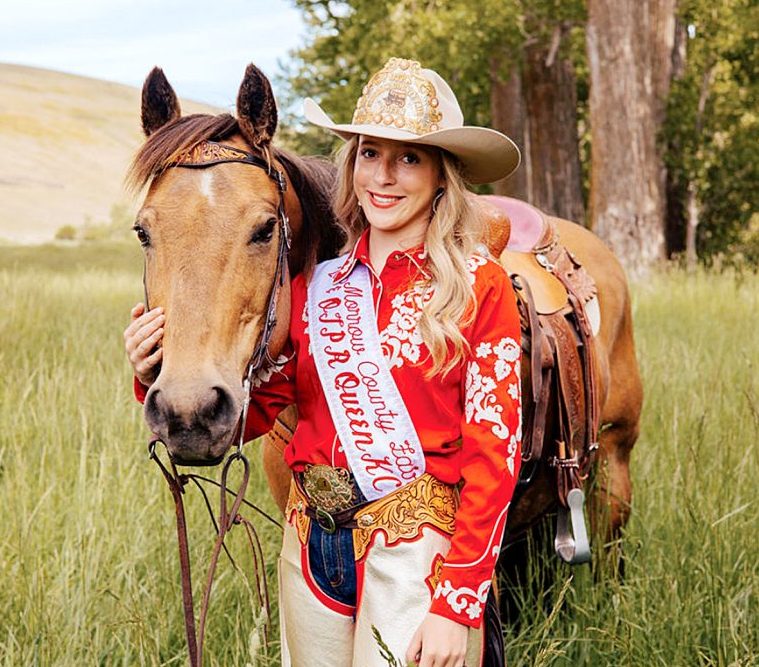Inslee blasts oil industry, defends cap-and-trade
Published 7:45 am Friday, July 21, 2023
OLYMPIA, Wash. — Gov. Jay Inslee on Thursday, July 20, blamed “rapacious” oil companies for Washington’s highest-in-the-nation gasoline prices, ripping the petroleum industry for citing cap-and-trade as one reason for high fuel costs.
Inslee, backed by several Democratic legislators, spoke at a news conference in Burien, a Seattle suburb. As he talked, Washington’s average price for regular unleaded was $4.92 a gallon, about 3 cents more than in California and $1.34 higher than the national average, according to AAA.
Trending
“We want to give drivers relief. We want to go to the heart of this problem, which is the greed and avarice of oil companies, who are still not telling the truth,” he said. “We intend to hold them accountable for price gouging.”
Republicans said the governor was trying to dodge responsibility for the consequences of cap-and-trade, the crowning achievement of his three-term focus on climate change and war on fossil fuels.
“The governor’s news conference was one of the strangest spectacles I have seen — 25 minutes of ‘blame everyone but me,’ “ Sen. Jeff Wilson, R-Longview, said in a statement.
Inslee blasts profits
The governor targeted oil company profits, Chevron CEO’s compensation and BP’s summer maintenance on a petroleum pipeline that AAA said a month ago would cause fuel prices to rise.
“These oil companies have been trying to blame the fact that we’re holding them accountable for pollution when in fact these prices went up because they shut down their pipeline,” he said.
Trending
BP, which supported cap-and-trade legislation, did not respond to a request to comment. A Chevron spokesman referred questions to the Western States Petroleum Association. BP and Chevron reported first-quarter worldwide profits of $8.2 billion and $6.7 billion, respectively.
Impact of cap-and-trade
Fuel costs are driven by the price of carbon-emission allowances. In the most recent cap-and-trade auction, Washington allowances sold for $56.01 each, far higher than the Department of Ecology projected.
The Western States Petroleum Association estimates cap-and-trade is adding 50 cents to a gallon of gasoline, compared to 26 cents in California, where allowances sold for $30.33 in the last auction.
The Inslee administration underestimated the costs of cap-and-trade, the association’s president and CEO, Catherine Rehies-Boyd, said in a statement.
“They claimed the program would cost ‘pennies,’ but Washington’s consumers are now paying 50 cents per gallon for just the cap-and-trade program,” she said.
“It’s time for the political rhetoric to end and the real work to rein in the skyrocketing costs of this regulation to begin,” Rehies-Boyd said.
Republicans have proposed increasing the supply of allowances to lower their cost. Inslee accused Republicans of “sneakiness” and trying to lift the cap on emissions. “That’s a non-starter,” he said.
Inslee and Democrats said they will propose legislation making oil companies disclose more financial information. Democrats did not offer details, but indicated they may look to California as a model.
California recently enacted a law requiring oil companies to report all factors that went into gas prices. The information won’t be made public but could be the basis for the California Energy Commission to cap profits.
The California bill acknowledges that cap-and-trade imposes costs on oil companies and would be viewed as a legitimate expense in calculating profits.
Senate Republican Leader John Braun, R-Centralia, said it was ridiculous to assume oil companies will absorb the cost of cap-and-trade.
“If the oil companies really wanted to cash in, why would they choose to do so in Washington over the dozen other states that have higher populations?” he asked.










